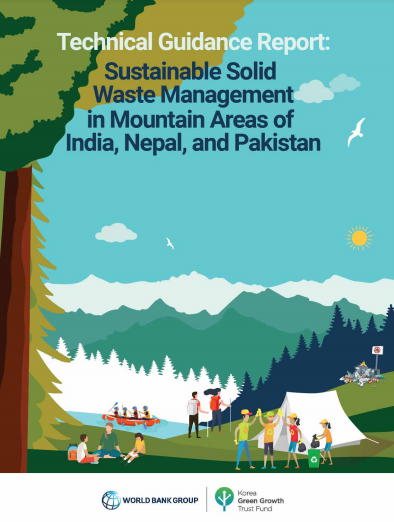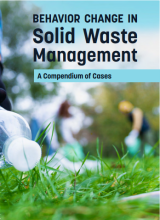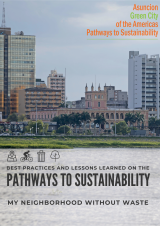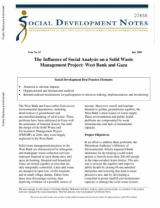
-
Country/City
SAR
-
Topics
Management, Recycling, Disposal, Technology
-
Published On
January 1, 2021
-
Author(s)
The World Bank, Rahat Jabeen, Pyush Dogra, Drona Raj Ghimire, Naysa Ahuja
Pakistan, India, and Nepal share one common ecological characteristic: the snow-capped mountain peaks of the Himalayan mountain range. The mountains bestow these countries with pristine landscapes and are the headwaters of many rivers. Concurrently, this unique mountain ecology offers these countries an opportunity to foster a green economy that leverages these natural assets for economic growth. However, these mountain ecosystems are fragile and must be well managed to ensure the livability of communities and environmental sustainability. Continued urbanization, rapidly increasing population, and a steady influx of tourists in mountainous regions in India, Nepal, and Pakistan are straining these fragile ecosystems and are a significant cause of indiscriminate solid waste dumping. Solid waste management (SWM) is a challenge that negatively impacts the economic growth potential in these regions by contributing to poor aesthetics and cleanliness, odor, and leaching pollution into the ground water sources, among others. Chapter one gives introduction. Chapter two discusses the current landscape of the SWM sector in India, Nepal, and Pakistan. Chapter three looks at the complexity of managing solid waste in mountain areas as well as the various challenges and opportunities that arise. Chapter four presents the field study conducted in the mountain areas of the three countries. Chapter five presents a framework or foundation on which solutions can be steadily built and presents recommendations and related implementable actions along a phased approach. In conclusion, chapter six briefly summarizes the role of the World Bank in the SWM sector and how it can provide support to clients to improve SWM services and practices in mountain areas in the South Asia region and elsewhere.



